Ancient education vs modern education has different parameters. The teaching style, resources, method, etc all are different in both the education systems. However, both play a vital role in an individuals life and provide with the correct knowledge. The importance of both the education system varies as per the changes in needs and requirements of the society.
Table of Contents
- Ancient Education vs Modern Education Overview
- What is Ancient Education?
- What is Modern Education?
- Difference Between Ancient Education and Modern Education Systems
- School, Students and Teachers in the Ancient Education System
- School, Students and Teachers in the Modern Education System
- Which is Better: Ancient Education or Modern Education?
- Conclusion
Ancient education vs modern education can be easily understood via different perspectives; ancient education focused on the philosophical world rather than the scientific world, and in modern education, science and experiment are prioritised.
Modern education is the recent form of education which primarily focuses on developing critical thinking ability, value education, and analytical skills along with decision-making ability. The resources of educating people in ancient system was Vedas, Puranas, Manusritis, whereas, in the modern education system internet, digital liberaries, textbooks, etc are used to share knowledge with the students.
Ancient Education vs Modern Education Overview
The overview of ancient education vs modern education is tabulated below, considering all the important parameters like location, teaching methods, prime focus, and information sources used for education.
| Parameters | Ancient Education | Modern Education |
| Location | Religious Institutes known as Gurukul | Formal buildings known as Schools, Institutes |
| Prime Focus | Concentrated on topics such as fundamental mathematics, eloquence, code of conduct, and philosophies. | Provides a broad choice of courses in social sciences, humanities, technology, and science. |
| Teaching Methods | Prioritised instruction over memorising information and tradition of speech. | Uses a range of instructional strategies, such as technology-based learning, talks, lectures, and practical exercises. |
| Teachers | Religious leaders or scholars | Professionally trained educators and professors |
| Education Resources | Manusritis, Vedas and Puranas | An extensive collection of resources, such as digital libraries, internet content, and textbooks |
What is Ancient Education?
General education or traditional education are other names for ancient education. The transmission of the morals, values, and social skills necessary for the next generation to survive is a primary driving force behind traditional education.
The learner gains knowledge of the traditions and customs of the community in which they reside through traditional education. Students receive this kind of instruction primarily through oral repetition.
What is Modern Education?
Modern education is synonymous with most reason education systems, which comprises classrooms and education institutes, is known as modern education. Modern education emphasises the excellent overall development of the student.
It provides multiple streams according to the interests and career prospects of students, like the science stream, commerce stream, and humanity stream. Modern education also emphasises developing critical thinking ability and life skills value education and is also delivered in both online and offline modes.
The sources for modern education are numerous mobile phone applications, audio and video for maths like YouTube, podcasts and e-books.
Must Check Articles Related to Ancient Education vs Modern Education
Difference Between Ancient Education and Modern Education Systems
Applicants must check the difference between the ancient and modern education system mentioned in the section below in detail for reference. The pointers shared will help students analyze the differene in detail and understand the changes between both the education systems.
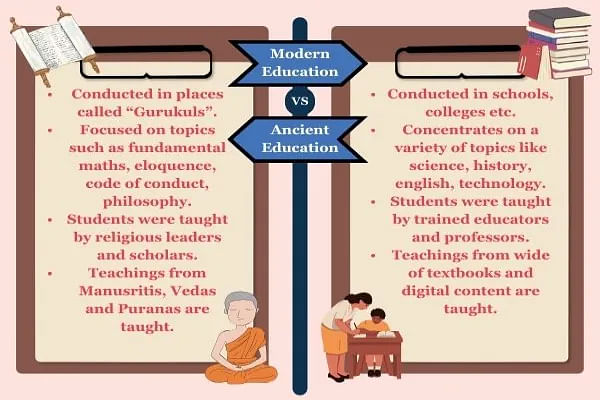
The ancient education vs modern education system are distinct and opposed, so a few of the most basic differences are listed below:
- Approach to Education: When traditional education is compared to modern education, it is very clear that in traditional education, the customs and rituals are passed down through generations. Still, in modern education, the scientific approach, the technologies, and the techniques are thriving in the world of science and technology.
- Methods of Teaching: In traditional education, a teacher instructs the following generation in social norms, skills, values, and manners. Ensuring the survival of the next generation is the goal. The majority of education is centred on conventions and traditions. Unlike, modern education, where there is extensive coursework and written assignments included, there is relatively little written or practical work involved in ancient education, and it is often completed by oral recitation.
- Subjects & Syllabus: Religion, rituals, and tradition are all integral parts of traditional schooling. It does not value science or technology at all. The trend of modern schooling is completely different. It is a scientific approach and the kind of instruction taught in schools these days.
- Teachers: In ancient education system, teachings were passed on by the religious leaders or scholars. Whereas, in today's modern education system, students are taught by trained educators and professors.
School, Students and Teachers in the Ancient Education System
The basic information about the schooling, students and teachers in the ancient education system is mentioned below:
- School in the Ancient Education System
Schools and the ancient education system were very informal places that could be the house of the religious scholar, who is the Guru, or a park under a tree, and which lakh the facilities that are provided today in the modern education system.
- Students in the Ancient Education System
Students in the ancient education system were expected to leave their homes and recite in gurukuls. In some places, the girls refused to receive home instructions or homeschooling, and they were not encouraged to attend school like boys and rested solely with their parents.
- Educators in the Ancient Education System
Educators in the ancient education system were basically religious scholars and experts who primarily focused on narrating the skills reading the skills. The educators in the ancient system were known as gurus.School, Students and Teachers in the Modern Education System.
School, Students and Teachers in the Modern Education System
The basic information about the schooling, students and teachers and teaching methodologies of the modern education system is mentioned below:
- School in the Modern Education System
School infrastructure in the modern education system comprises large buildings and campuses spread over large acres of areas, hostels, medication facilities, transportation halls, and other essential infrastructure.
- Students in the Modern Education System
In the modern education system, all the students, apart from their residence, are required to attend school. It is also a compulsory civic obligation for parents to send their children to school. The government also provides initiatives like free basic education to increase the school enrollment of students.
- Educators in the Modern Education System
In the education system, there is a criterion fixed for educators that they must hold specific degrees and experience to teach students in class. Educators are known as mentors, teachers, and professors.
Which is Better: Ancient Education or Modern Education?
While there are distinctions between the ancient education vs modern education system, it is important to note that, despite our modern advancements, we are currently enhancing the efficiency of the current system by integrating antiquated techniques.
- Each form of education has a specific role and significance. It is impossible to categorise schooling as excellent or bad.
- Both traditional and modern education had their merits in their respective eras. In actuality, it varies per individual.
- Depending on what the individual wishes to learn, yes. A person is better off receiving a traditional education if he wishes to learn about his culture and religion.
Conclusion
Human society has been significantly shaped by both ancient and contemporary educational systems. While current education places more emphasis on scientific information, technological growth, and career-oriented abilities, ancient education concentrated on moral values, character development, and holistic development. Modern education fosters creativity and global competitiveness, but old education cultivated wisdom and moral behavior. A more successful and significant educational system for the future can be achieved by taking a balanced approach that blends the practical and forward-thinking techniques of contemporary education with the value-based foundation of ancient education.

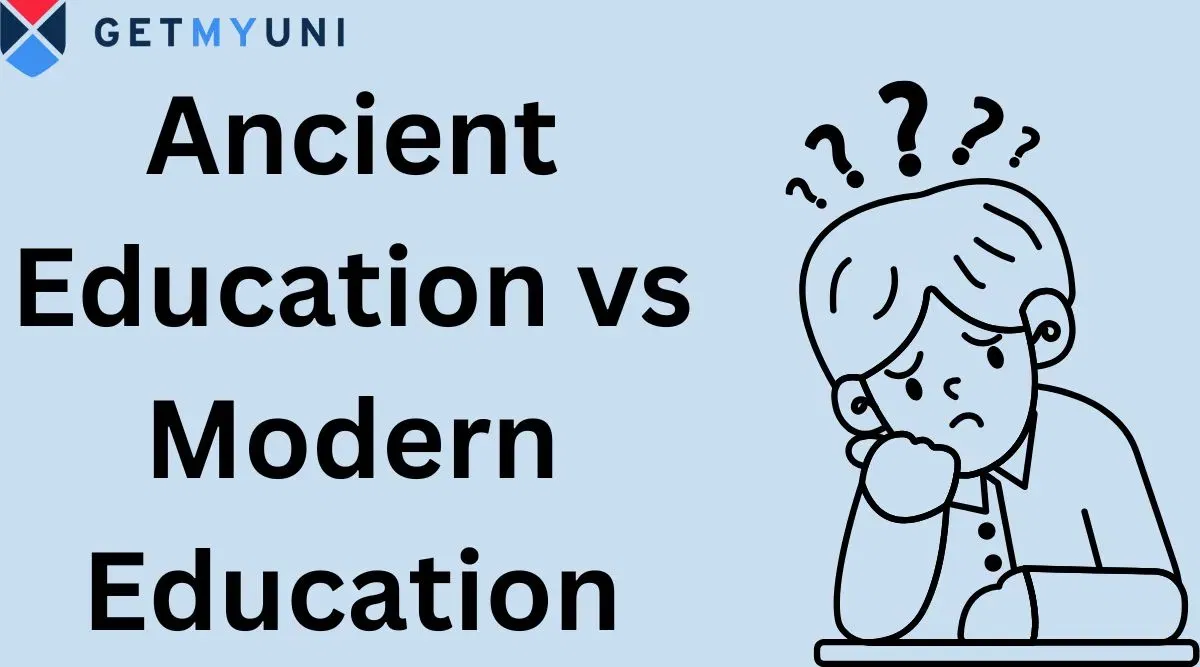
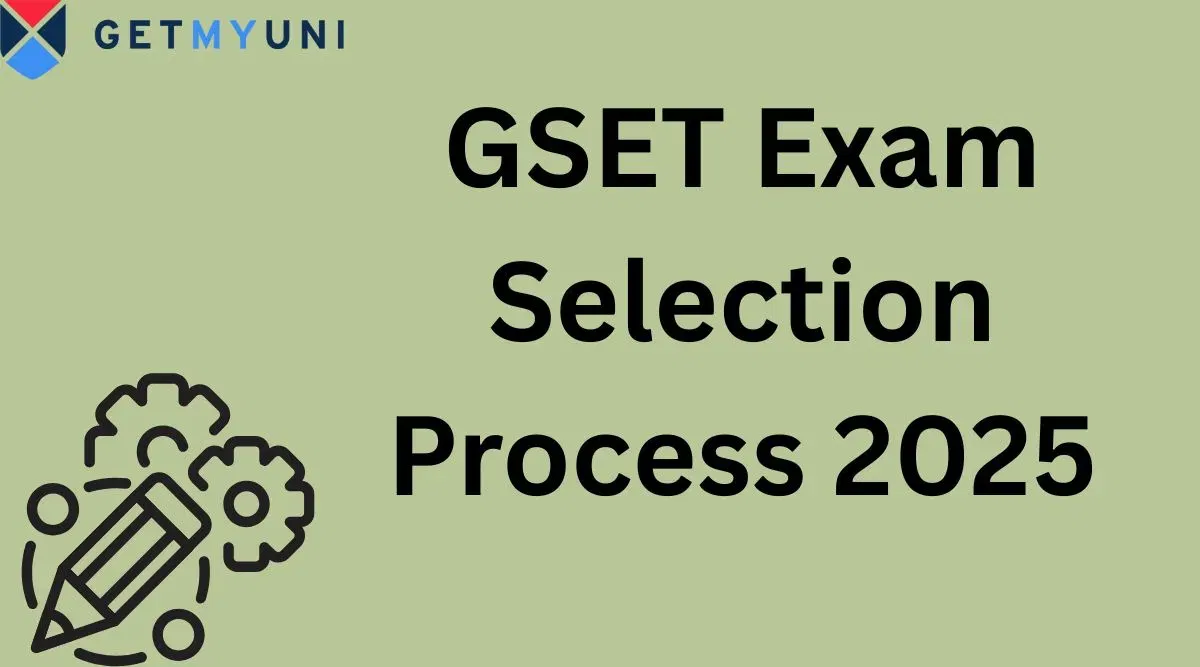


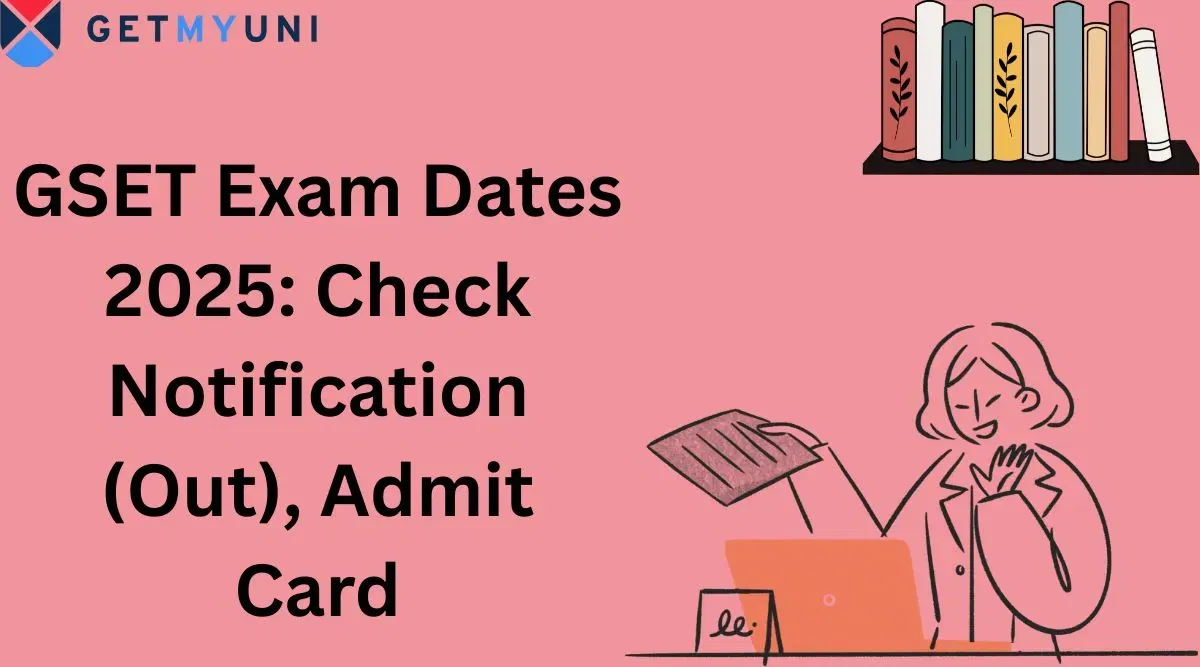
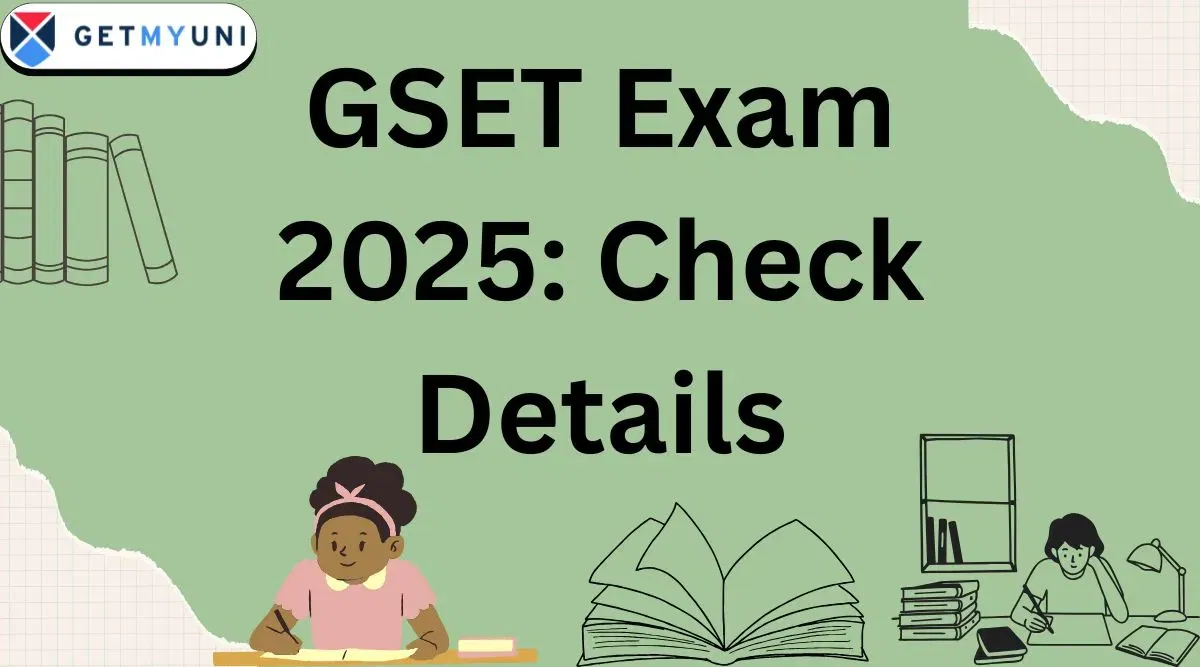
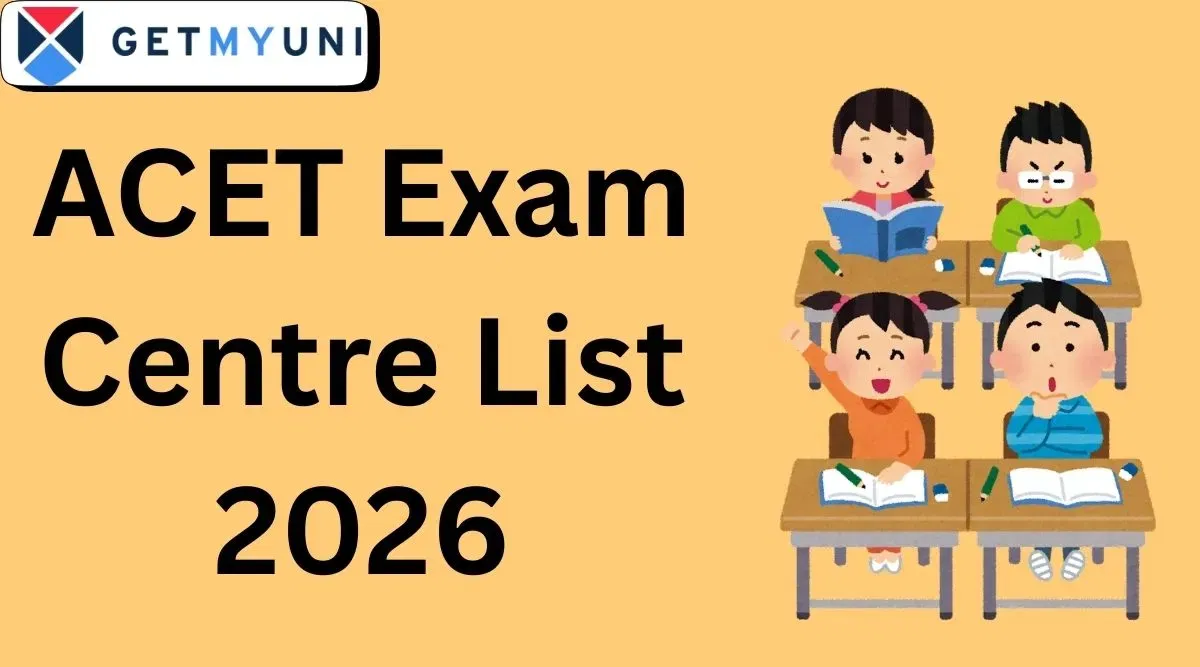
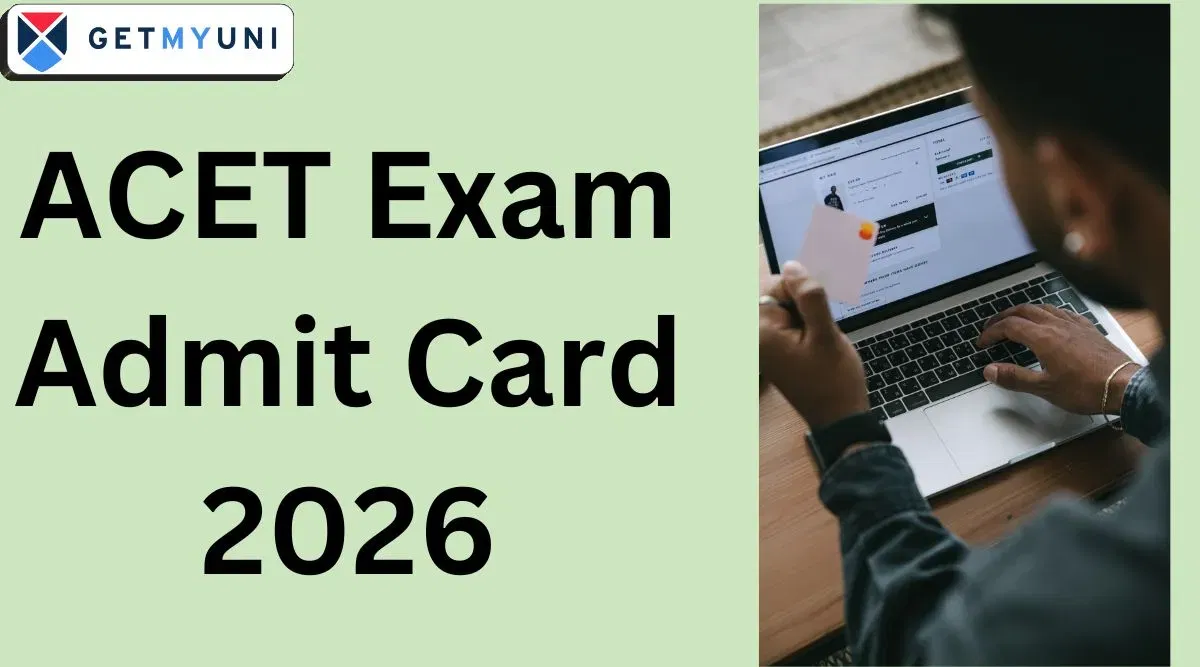
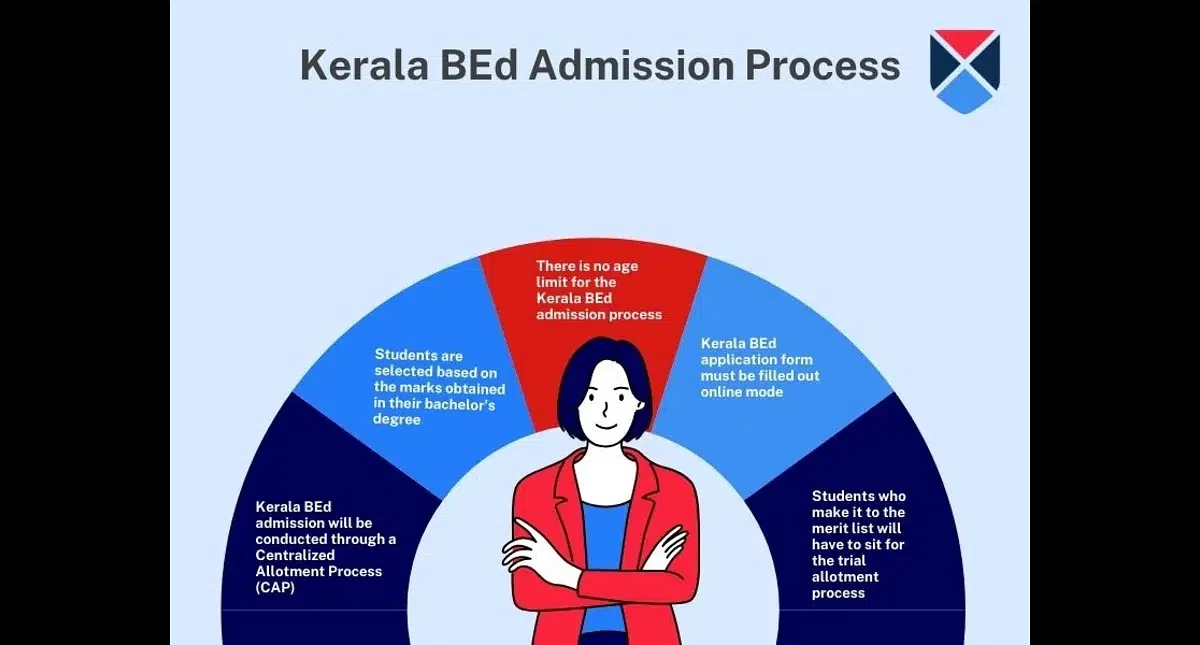
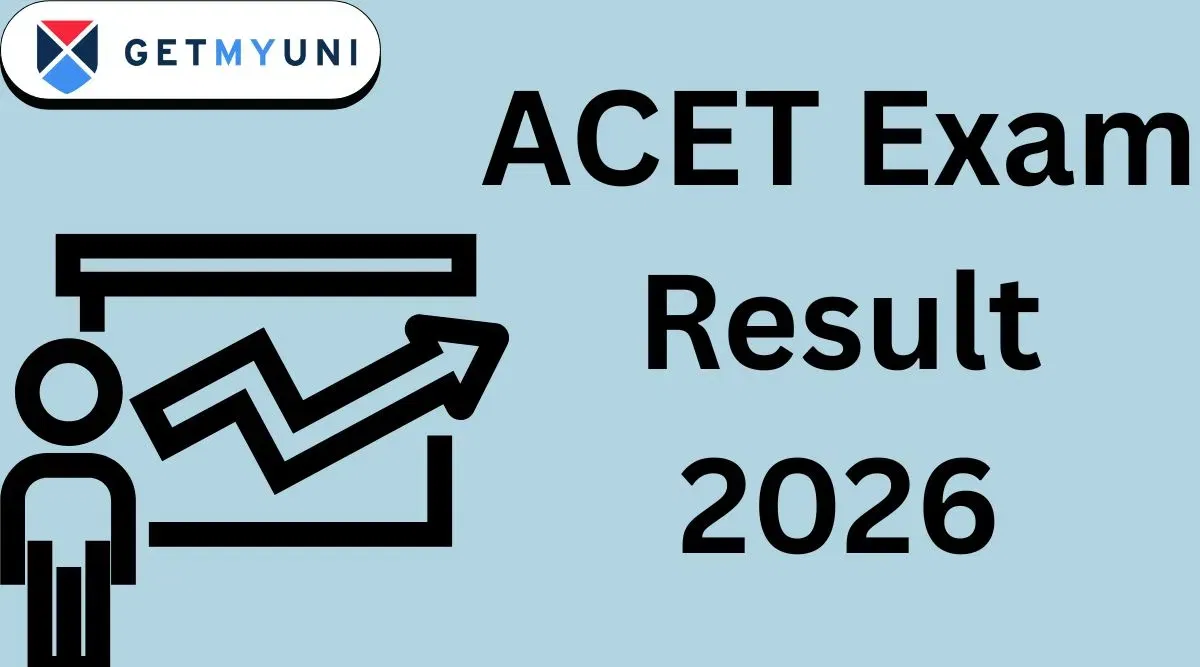
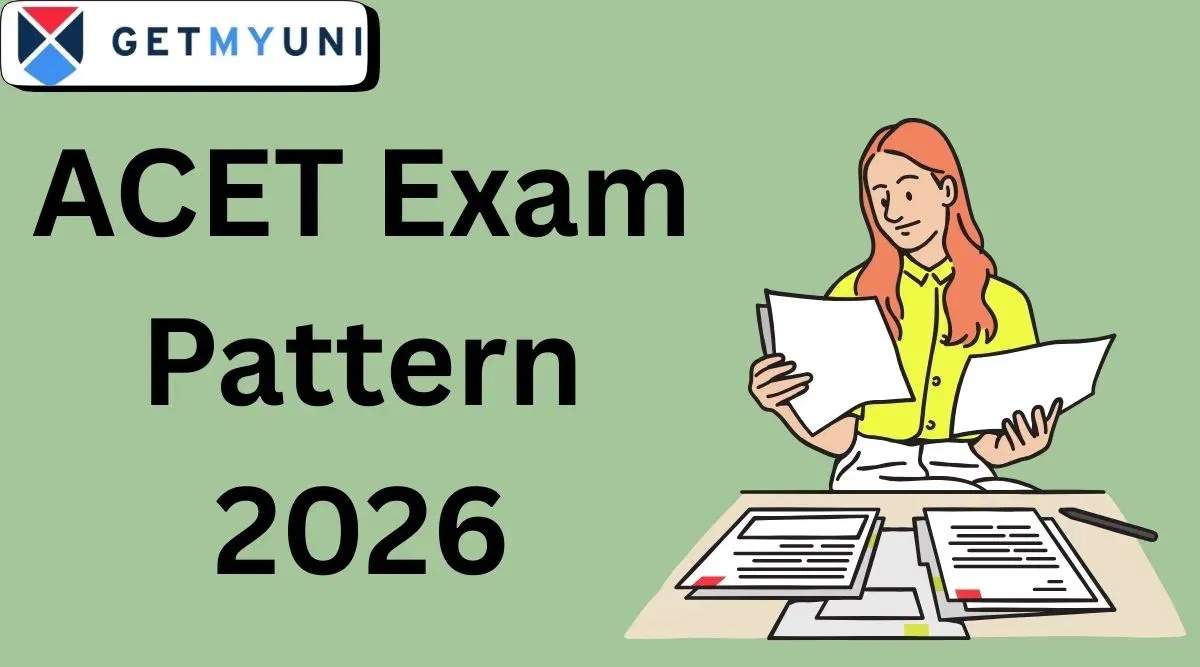











POST YOUR COMMENT